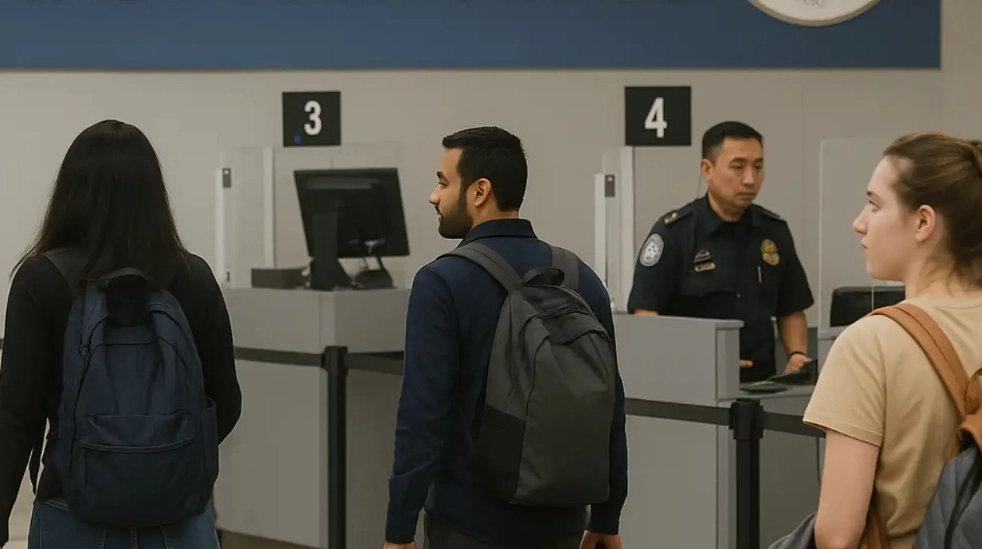Travelling To US? Your Phone and Laptop Could Be Searched At Customs – Know Your Rights

Can
US customs officials at ports and airports check your electronic devices? The short answer is yes, however, there are certain aspects that one must know if travelling to the country. America, under the Trump administration, has opted for a much stricter immigration policy, deporting millions of foreign nationals, which has escalated the issue further.
What travellers should know about electronic device inspections at US ports of entry?
If you’re heading to the United States, be aware that
US Customs and Border Protection (CBP) has the legal authority to search your electronic devices — including smartphones, laptops, tablets, and more — at airports, seaports, and land borders. These inspections can occur regardless of your citizenship or visa status and, notably, do not require a warrant or any prior suspicion.
What Kind of Searches Can CBP Conduct?
There are two levels of device inspections:
- Basic Search: A CBP officer manually checks your device if it’s unlocked, or you provide your password.
- Advanced Search: Involves external tools to access, copy, or analyse device data. This requires “reasonable suspicion” or a national security concern and must be approved by a supervisor.
During advanced searches, officers can retain your device for up to five days, and in cases of “extenuating circumstances” (an undefined term), that period may be extended in seven-day increments. Some travellers have reported their devices being held for weeks.
It’s advisable to note down the name and badge number of the officer, record the questions asked, and if recorded, request a transcript. If your device is detained, request Form 6051-D, which lists the items taken and provides contact details for follow-up.
What Are Your Rights?
- US Citizens: Cannot be denied entry for refusing to share a password, but devices can still be detained.
- Green Card Holders: Have the right to a hearing before their residency status can be affected.
- Visa Holders: May be denied entry if they don’t unlock their devices.
The ACLU recommends entering your password yourself instead of disclosing it and changing it immediately after. If the device is copied and no criminal evidence is found, the US government says it will delete that data within 21 days. However, CBP may retain any notes or observations from the inspection.
Tips to Protect Your Data Before You Travel
- Travel light: Use a separate “travel device” with minimal personal data. Sign out of apps and disable auto-logins.
- Back up: Save important files to a cloud service or external drive beforehand.
- Know your limits: CBP can only search what’s physically on the device — they cannot access cloud-stored information.
 Can US customs officials at ports and airports check your electronic devices? The short answer is yes, however, there are certain aspects that one must know if travelling to the country. America, under the Trump administration, has opted for a much stricter immigration policy, deporting millions of foreign nationals, which has escalated the issue further.
Can US customs officials at ports and airports check your electronic devices? The short answer is yes, however, there are certain aspects that one must know if travelling to the country. America, under the Trump administration, has opted for a much stricter immigration policy, deporting millions of foreign nationals, which has escalated the issue further.